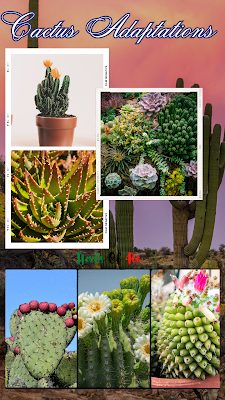What Is Organic Farming?
Organic farming has been a healthy topic of debate lately, powered by two schools of thought. One that propagates this is a healthy, safe and improved farming method and the other that argues there's more bad than good in it. So, who do we count on? While it is still the subject of an in depth research, let's have a look at the different aspects of organic farming (positive and negative sides) to understand why it has been making headlines these days.
Definition
Organic farming has been defined in different ways by food suppliers, intellectuals, environmentalist and critics. So, the topic has a wider perspective. In general, it means using the alternative farming methods in growing food crops. The methods may include crop rotation, compost, biological pest control, mechanical cultivation etc. It discourages the use of synthetic fertilizers, pesticides, engineered farming application, livestock feed additives etc. The farming method has earned success world over and the sales of organically produced foods have rocketed over the last ten years. The fact that around 37,000,000 hectares of land worldwide practice organic farming method is the testimony of its growing popularity.
What's good about it?
- Transition from conventional farming to organic farming is not a time taking, difficult, tiresome process. A farmer can practice it without any difficulties
- The farming method can help farmers realise a great deal of savings because they are not required to invest additional money in purchasing industrial fertilisers
- Using compost, biological pest control, crop rotation etc improves the fertility of the soil whereas using pesticides and synthetic attributes only harms its quality.
- Organic foods are enriched in mineral content so they promise improved nutritional value
- As opposed to harmful chemicals, organic food is poison-free ensuring safer quality foods
- The foods taste better because of improved techniques adopted in growing the plants
- The organic foods are less likely to mold or rot quickly. They stay fresh for they are nourished naturally
- By practicing this, a farmer can bring food self sufficiency. However, this is a detailed process which requires a systematic understanding of the resources and applying the right management approaches.
What's not so good about it?
- Foods cultivated in this method are expensive because lot of manual work is required in it than conventional farming. Also, getting the organic certification tends to be expensive.
- It is labour intensive and a farmer can produce more crops relying on industrial methods than organic ones.
- A great deal of skill is required to practice this. A farmer should spend time and apply thoughtful observation to alter the existing farming system and addressing the problems.
Besides the above, there are many other disadvantages organic farming comes with. While consumers are becoming more organic-minded, critics are researching the aspects that do not make it a healthy farming practice. Food self sufficiency is another aspect organic farming is associated with and we're covering it in the next articles.
The author is an avid blogger, permaculture practitioner, new media enthusiast and a member of Varanasi Estate, who believes there's a life beyond economic shakeout, social dogmas and mental stress. Here to share his views, learning achievements and observation on how to lead a happy, healthy and deliberate life.
Article Source: http://EzineArticles.com/?expert=Robijyoti_Bhattacharjee
http://EzineArticles.com/?What-Is-Organic-Farming?&id=6929377


Comments